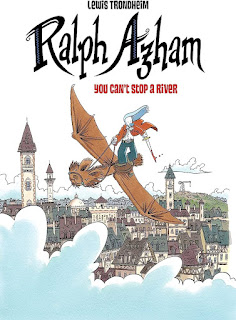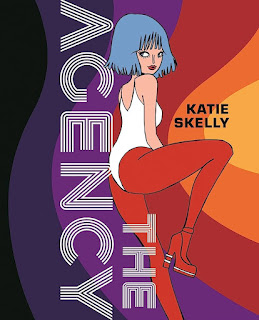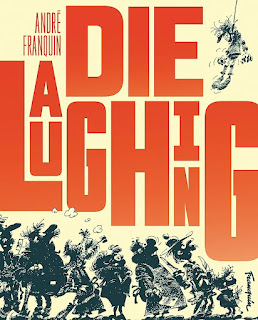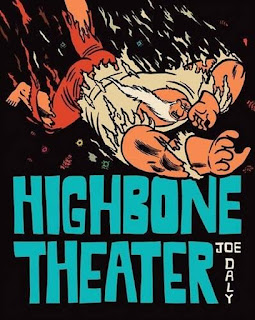The Elegance of the Hedgehog was one of those books for me. The first book from French writer Muriel Barbery to be published in English - in a translation by Alison Anderson - it was a big success and a moderate bestseller in 2007, right around the end of the time I paid lots of attention to general fiction-publishing trends. (For somewhat obvious career-related reasons; I had a vestigial concern for some years afterward but I was finally convinced that I'd been kicked out of fiction publishing permanently and could never make my way back, so I didn't need to care about that world anymore.)
I found it randomly five years after it was published - there's a penciled note on the inside front cover of my copy that I think means it was originally owned by "M. Cummins" - in a church sale in a random town. And ten more years later, it seemed like a decent time to pull it down from the shelf and actually read it.
Barbery, I see, has written more novels since then - including, amusingly, a two-book fantasy sequence called "The Life of the Elves," which I might have to check out - but this was the one that made her an international sensation, and still seems to be her most famous book. So it was a good place to start, if this ends up being a start, and not just a single book I read.
It's set in a posh Parisian apartment building: 7, rue de Grenelle, where a bunch of rich and mostly self-absorbed people live. We see this world through two alienated female voices: Renee Michel and Paloma Josse. Renee is the concierge of the building, a middle-aged widow with no formal schooling, a vast wealth of self-taught erudition, and an inferiority complex large enough to eclipse the sun. Paloma is a twelve-year-old prodigy, the younger daughter of a deeply bourgeois family who hates everything about that family and resolves, at the beginning of the book, to burn down her family's apartment and commit suicide (two discrete actions, she makes clear) at the time of her thirteenth birthday.
Elegance is mostly a novel of voice rather than action - it takes place over the course of a few months, as we get to know these two prickly women and their thoughts. They each have low opinions of the rest of the residents of 7, rue de Grenelle, both more or less for "rich asshole" reasons. Renee in particular has a deeply internalized sense of what a concierge should be and do, and tries at all times to appear exactly as she thinks everyone is forcing her to be.
But then - after an event that is the centerpiece of Barbery's first novel Gourmet Rhapsody - a new resident moves into the building, and charms both Renee and Paloma in different ways. He is Kakuro Ozu, a Japanese businessman long resident in Paris, whose interests and expertise aligns very closely with Renee's and who sees through her pretense very quickly.
(If Elegance were meant more seriously, rather than as a light satire and generally uplifting story, I'd do more than quibble here about the deeply exoticizing atmosphere around Ozu. All French rich people are horrible, but a Japanese rich person is cultured and exciting...mostly just because he is Japanese.)
The Renee and Paloma threads are entirely separate until about the three-quarters point of the novel; each of them is unhappy, each of them is hiding her brilliance and deep thoughts from everyone, until they discover each other and see something of each other mirrored there. That leads to the ending, which is uplifting, but I found also very very French.
Barbery is a philosopher by training - she went through the elite schools she has her characters complain so much about here - and that's clear in the thoughts and concerns of her two main characters. I might think she beats on a few hobby-horses a bit too much, particularly philosophy, that elite atmosphere and the related supposedly unbridgeable class gulf in French society. But those are the central building-blocks of this seriocomic novel, and we have to allow the author her material. Elegance is a cutting, passionate, rewarding journey through the minds of two women who are at the sidelines of their worlds, told through two excellent, very distinct voices.














